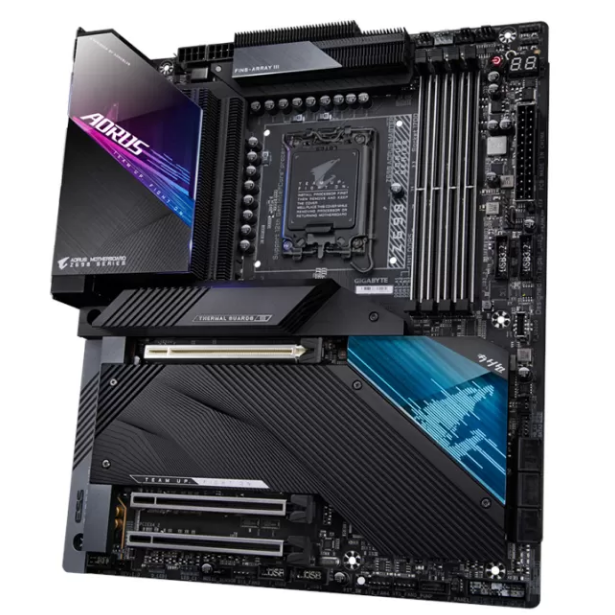News
IT87952E Support in Linux 6.3 for Newer Desktop Motherboards

Support for the IT87952E super I/O controller, which is utilized by certain more recent desktop motherboards and will now be able to take advantage of hardware monitoring “HWMON” support, is currently being worked on by the IT87 driver that is part of the Linux 6.3 kernel. The super I/O ASIC known as IT87952E may be found in a number of different desktop motherboards, including the Gigabyte X570S AORUS PRO AX and the Gigabyte Z690 AORUS Master, amongst others. At least among more recent Gigabyte motherboards, the IT87952E looks to be a common component. However, it is likely used by other manufacturers as well.
There is now support for that chipset as a result of this commit being merged into the “for-next” branch of the hardware monitoring subsystem. There is no publicly available data sheet, however that chip ID seems to be an upgraded version of the IT8792E and is operating correctly with the IT87 Linux driver when it is treated as such. This suggests that the chip ID has been updated.
The temperature monitoring and fan speed controls should now work under Linux for the more recent desktop motherboards that rely on this controller. This was made possible by the previous step. Support for allowing multiple chip IDs to be supplied currently via the “force id” argument is being added to the IT87 driver with Linux 6.3 via other queued patches, in addition to a few other fundamental improvements. This support is being added.
Monitoring of temperature, voltage, and fan speed is still not guaranteed across the board for desktop motherboards that run Linux. The hardware monitoring support effort on the desktop side is largely left to interested individuals tackling support for their own hardware due to a lack of publicly available data sheets for the controllers, as well as the fact that the ASIC and motherboard vendors do not engage with the Linux upstream. This situation has significantly improved over the past few years; however, it is still the case.


















